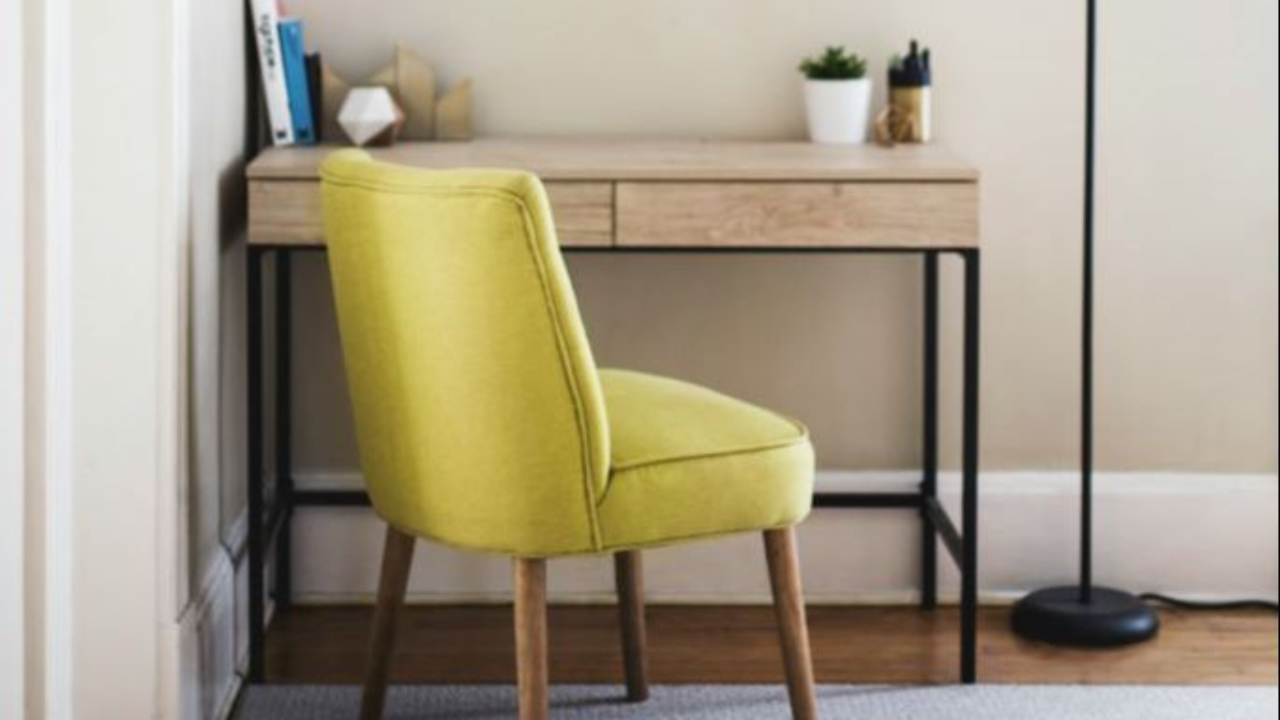Routines, Routines, Routines
Dec 10, 2024
Creating routines is more than just a daily schedule - it's a foundation for a harmonious home. Whether it's the morning rush to get everyone out the door, the evening ritual of winding down, or the weekend traditions, these routines bring structure, predictability, and a sense of security to our lives.
In this blog post, we'll explore the importance of family routines, how they can strengthen relationships, and offer practical tips to create and maintain them. Let's dive into how these seemingly simple patterns can make a big difference in your family's well-being.
Set up morning routines, after school routines, and evening/bedtime routines. Follow these routines as closely as possible each school day.
- Think through a typical day for you and your child. Try to create routines that are consistent day to day. This includes morning routines, after school routines, and evening/bedtime routines.
- Consistency is key. Consistency does not mean that every day looks exactly the same, but each day would have predictable similarities.
- What are some benefits of having routines?
- Consistency - Routines provide a sense of security and allow us to concentrate on other things and not on what comes next.
- Time management- Consistent routines teach children how to manage their time effectively. They learn to balance homework, rest, relaxation, hobbies, family time, and physical activity. They learn time management skills.
- Reduced stress and anxiety - Knowing what comes next in the day reduces stress and anxiety; it provides stability; children are able to transition between activities more easily without feeling rushed or overwhelmed.
- Routines will vary and will need to be re-evaluated as children grow, mature, and their lifestyles change.
- When creating routines, keep in mind that just like adults, children are tired, and overstimulated at the end of the day. They need time to relax, recharge, and reset.
Routine Examples:
Morning Routine:
- wake at approximately the same time each morning
- eat breakfast
- dress for the day (Clothing should be prepared and selected the weekend before as part of your weekend reset. This will eliminate any fussing and looking for items in the morning, helping to set the tone for a quiet peaceful day.
- wash face and brush teeth
- comb hair
- pack or gather lunch bag
- gather belongings needed for school/after-school activities from the “drop zone”
- put shoes on
- head out the door (This should happen at the same time each day. When children (and adults) leave at a regular routine time and arrive to the destination with time to spare, they feel less stressed and anxious. They feel as though they have some control of their day.)
After School Routine:
- leave book bags in the “drop zone”
- leave school shoes in the “drop zone”
- unpack lunch bag and put it away
- retrieve folder, notes, graded papers, etc. that a parent needs to review and place these items on the kitchen counter or family command center (same spot each day) - This will cue the parent that these items need to be reviewed before nighttime.
- if appropriate, change into play clothes
- have a snack
- play outside for 45 minutes
- begin homework
- chore (if applicable)
Bedtime Routine:
- eat dinner
- tv/screen time if appropriate
- bathe
- brush teeth
- read for 20 minutes
- lights out at approximately the same time each night - children require sleep
You can create a routines checklist to help your child stay on track until the routines become just that - routine! If you need assistance with setting up your routines, reach out today and let's chat!

